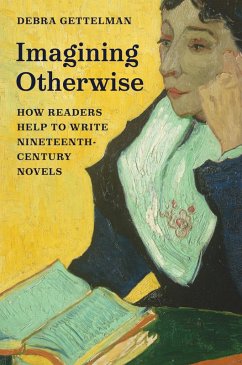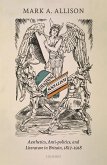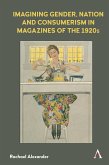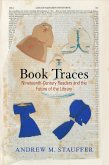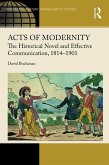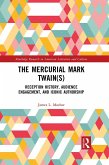How Victorian authors engaged the imaginations of their readers and elevated the novel to new heights As novel publication exploded in nineteenth-century Britain, writers such as Jane Austen, Charles Dickens, and George Eliot learned from experience-sometimes grudgingly-that readers tend to make their own imaginative contributions to fictional worlds. Imagining Otherwise shows how Victorian writers acknowledged, grappled with, and ultimately enlisted the prerogative of readers to conjure alternatives and add depth to the words on the page. Debra Gettelman provides incisive new readings of novels such as Sense and Sensibility, Little Dorrit, and Middlemarch, exploring how novelists known for prescriptive and didactic narrative voices were at the same time exploring the aesthetic potential for the reader's independent imagination to lend nuance and authenticity to fiction. Modernist authors of the twentieth century have long been considered pioneers in cultivating the reader's capacity to imagine what is not said as part of the art of fiction. Gettelman uncovers the roots of this tradition of novel reading a century earlier and challenges literary criticism that dismisses this spontaneous, readerly impulse as being unworthy of serious examination. As readers demand novels with relatable characters and fan fiction grows in popularity, the reader's imagination has become a determining element of today's literary environment. Imagining Otherwise takes a deeper look at this history, offering a critical perspective on how we came to view fiction as a site of imaginative appropriation.
Dieser Download kann aus rechtlichen Gründen nur mit Rechnungsadresse in A, D ausgeliefert werden.

